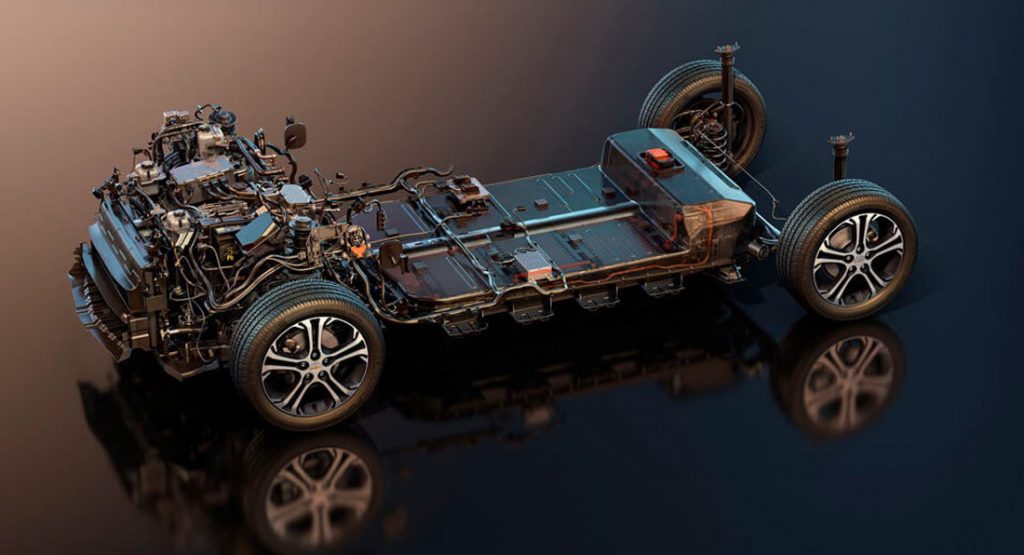SK Innovation And LG Chem Patent Feud Could Disrupt EV Battery Supplies


South Korean battery manufacturers SK Innovation and LG Chem are engaged in a bitter war that could disrupt the supply of batteries of many new electric vehicles, Reuters reports.
Back in 2018, SK Innovation secured a multibillion-dollar deal with Volkswagen to supply the carmaker with batteries for its U.S.-built EVs. In April 2019, LG Chem took its rival to court in the United States accusing it of misappropriating trade secrets.
Now, the two companies have hit each other with lawsuits for battery patent infringements. U.S. court documents viewed by Reuters reveal that the battery manufacturers are trying to stop each other from importing and selling EV batteries destined for VW’s future EVs built in the U.S. as well as for the Chevrolet Bolt, future electric Ford pickups, the Jaguar I-Pace, Audi e-tron, and the Kia Niro.
“Whoever loses the fight would suffer a fatal blow, unless the two reach a settlement. This will also be a setback for automakers,” professor at Ulsan National Institute of Science and Technology, Cho Jae-phil, said.
In one particular court filing, LG Chem claims SK Innovation poached employees working on its project to supply batteries for VW’s MEB electric vehicle architecture and that the only reason SKI won the VW contract was because it had misappropriated trade secrets. SKI has denied stealing trade secrets, stating that its employees had signed agreements to not use information from former workplaces.
In the patent infringement lawsuits filed by the companies, it is possible that neither of the two will be able to market products using the patents in question in the U.S. if they both lose. LG Chem and SK Innovation have both said not being able to use their respective patents would prove a challenge.
In a statement, Ford spokeswoman Jennifer Flake said the carmaker was encouraging the duo to resolve the conflict without litigation.
“We are aware of the issue. As a normal course of action, we have business continuity plans in place to protect our interests,” Flake said.
